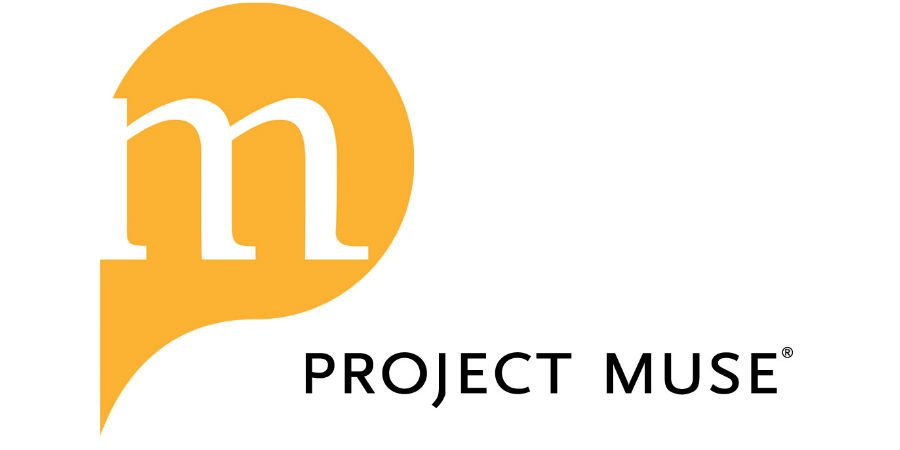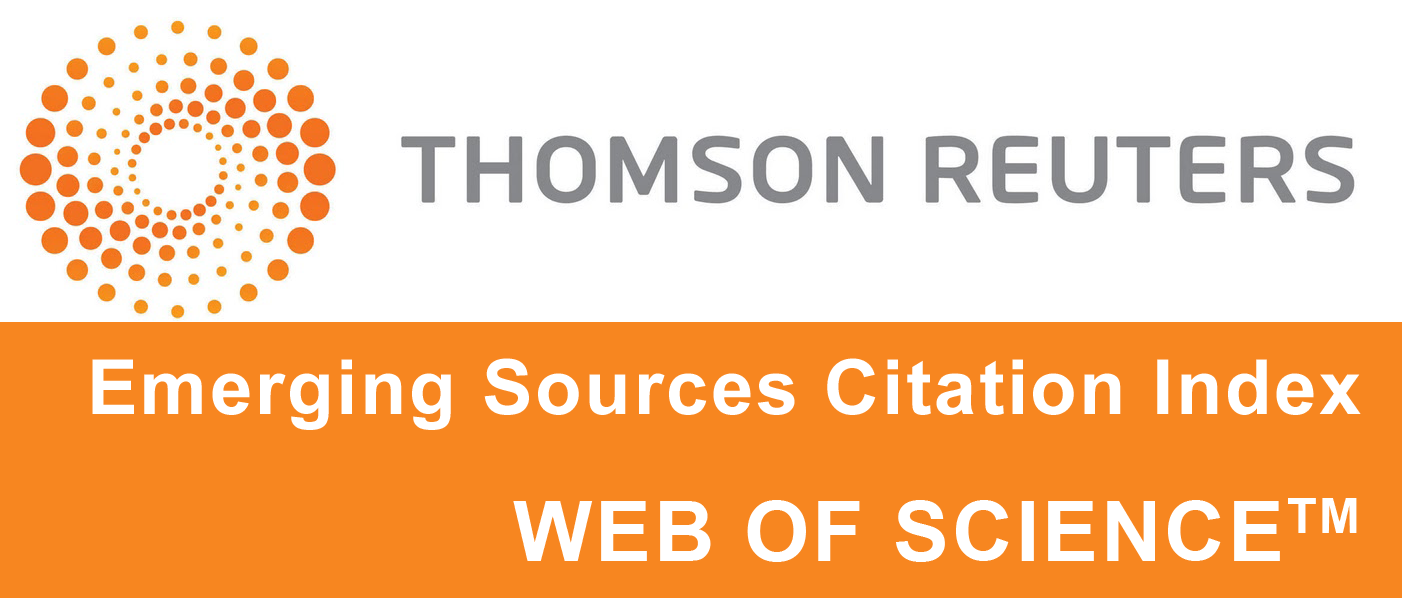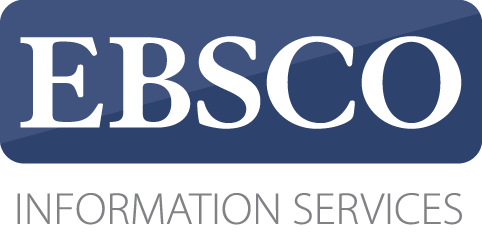Philippine Studies: Historical and Ethnographic Viewpoints is an internationally refereed journal that publishes scholarly articles and other materials on the history of the Philippines and its peoples, both in the homeland and overseas.
It believes the past is illuminated by historians as well as scholars from other disciplines; at the same time, it prefers ethnographic approaches to the history of the present. It welcomes works that are theoretically informed but not encumbered by jargon. It promotes a comparative and transnational sensibility, and seeks to engage scholars who may not be specialists on the Philippines. Founded in 1953 as Philippine Studies, the journal is published quarterly by the Ateneo de Manila University.
Announcements
Payment Options for Subscriptions |
|
Subscription Rates (Domestic) 2024
P1,500.00 – Individual P2,000.00 – Institutional 1. Metrobank (Over-the-counter) 2. Online Payment Portal - Accepts Visa/MasterCard (debit or credit card) of any issuing bank. 3. BPI Online
|
|
| Posted: 2021-10-26 | More... |
Open Access to Issues From 1953 to 2018 |
|
All articles and reviews published in Philippine Studies prior to 2019 are available at no cost. Online access to single issues and individual articles published since 2019 is available only to paid subscribers; nonsubscribers can access these articles for a fee. Please consult the terms and conditions for accessing the online edition of Philippine Studies. |
|
| Posted: 2021-07-14 | |
| More Announcements... |









